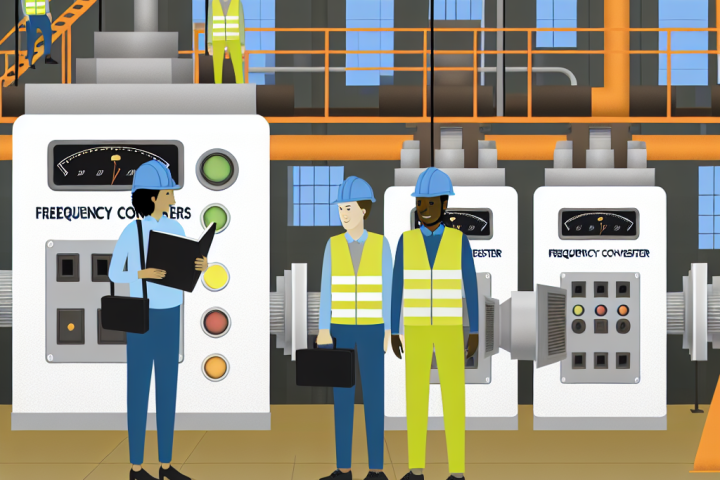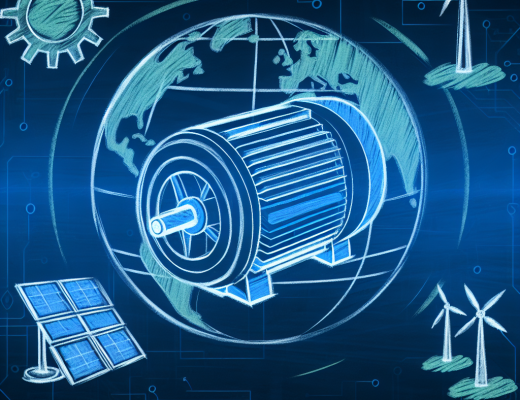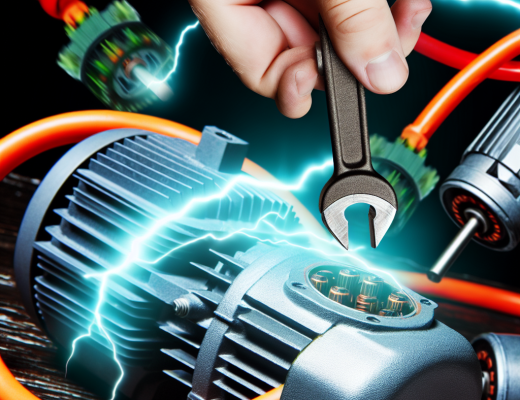In the realm of industrial automation, managing energy efficiently and precisely is critical to enhancing productivity and reducing operational costs. One of the key components that facilitate this high level of management are Frequency converters, which are utilized to adjust the speed and torque of electrical motors according to the demands of the application they are supporting.
Optimizing Performance with Frequency Converters
Frequency converters provide the infrastructure for variable speed control, an essential factor in modern machinery operation in industries ranging from manufacturing to renewable energy. By allowing motor speeds to be precisely controlled, these devices help optimize the operating parameters of machinery to the exact requirements of the current load, considerably enhancing efficiency and saving energy. The ability to dynamically adjust motor speed reduces the wear and tear on machinery, thereby extending the life expectancy of costly industrial equipment and lowering maintenance costs.
Moreover, the use of frequency converters can lead to significant energy savings. Motors running at lower speeds consume less energy, which is instrumental in reducing the overall carbon footprint of industrial operations. Companies that integrate these systems, such as VYBO Electric, are seeing a substantial return on investment through decreased energy costs and improved operational efficiencies. This capability to manage energy more effectively also aligns with global sustainability goals, making frequency converters not just a technological upgrade but a responsible choice toward greener practices.
In conclusion, the broad application and benefits of frequency converters in industry underline their critical role in achieving more controlled, efficient, and sustainable industrial operations. As technology evolves, the integration of these systems continues to offer promising prospects for enhancing production capabilities and environmental stewardship alike.




